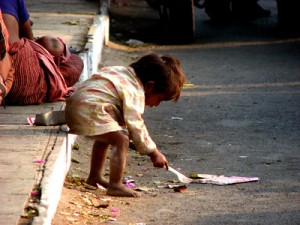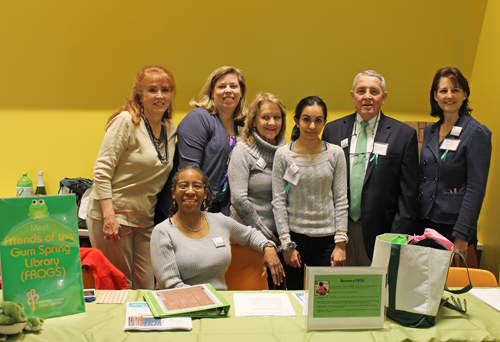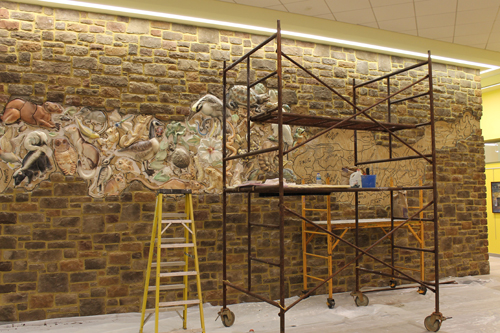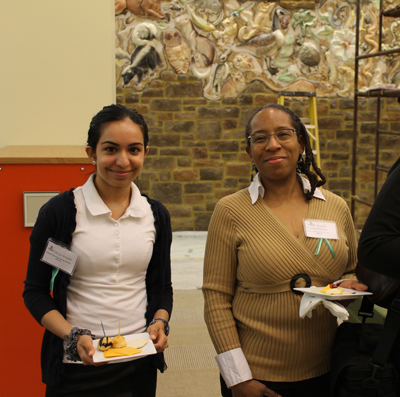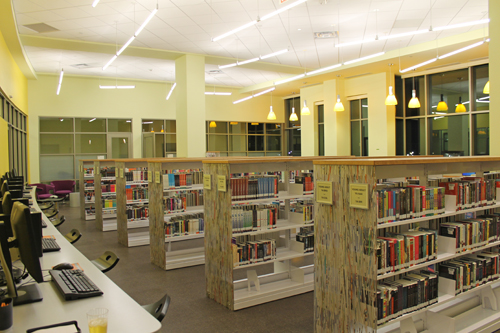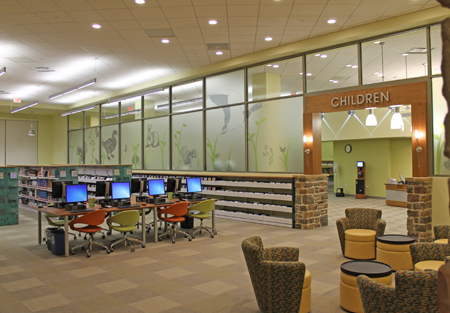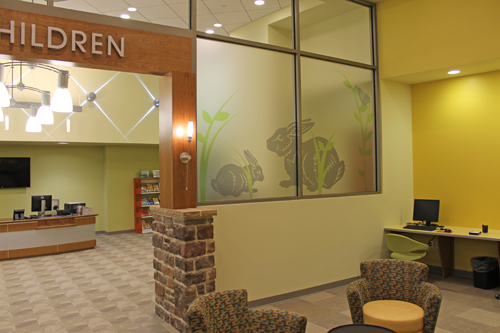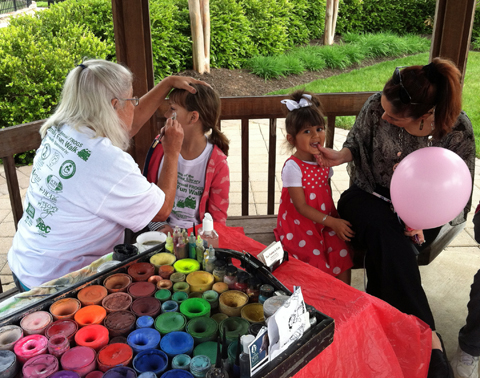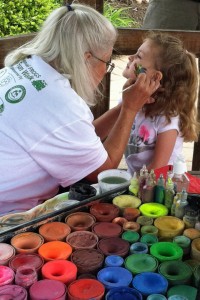Friday, March 8, is International Women’s Day. It seems to me, unfortunately, that women in the United States do not observe this important date as much as we should. Maybe it’s because, even with the inequalities that remain in our country, we still have it pretty good — good enough to make us complacent and forgetful even, of how much we have to be grateful for and celebrate.
But as the “lucky ones,” relatively speaking, I think we owe it to our sisters in other parts of the world that don’t have it so well, to observe this day and do something to help those women with less opportunity.
From my travels, experience, reading and just years of life on the planet, three of the things that strike me as core issues for women today, particularly in countries with emerging economies are:
Water (and subsequently health)
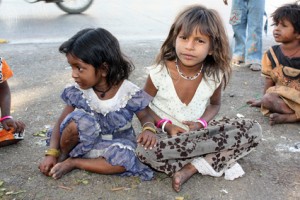
International Women's Day March 8 2013 - will these girls have a future as adult women? Will they even survive to become women?
Literacy / Education
Violence
Lack of Clean Water – and therefore health
Of the 1.3 billion people living in abject poverty, the majority are women and children. With this poverty, most often comes a lack of access to clean water. In addition to the physical harm that comes with having to carry heavy loads of water (and its often not even somewhat clean water) long distances, women in poor regions with no access to running water lose a lot of time – time to take care of their children, educate themselves and their children, and time to to spend on a livelihood to improve their lot in life.
But, they also lose their health, which continues the cycle of poverty because they are too sick to work at jobs or raising food.
According to the WHO/UNICEF Joint Monitoring Programme for Water Supply and Sanitation (JMP), “37% per cent of the developing world’s population – 2.5 billion people – lack improved sanitation facilities, and over 780 million people still use unsafe drinking water sources. Inadequate access to safe water and sanitation services, coupled with poor hygiene practices, kills and sickens thousands of children every day, and leads to impoverishment and diminished opportunities for thousands more.
In fact, every 20 seconds, a child dies as a result of poor sanitation. That’s 1.5 million preventable deaths each year.
Poor sanitation, water and hygiene have many other serious repercussions. Children – and particularly girls – are denied their right to education because their schools lack private and decent sanitation facilities. Poor farmers and wage earners are less productive due to illness, health systems are overwhelmed and national economies suffer. Without WASH (water, sanitation and hygiene), sustainable development is impossible.”
(There’s more to this blog post – to see entire article click on the Headline or on Page TWO below …)
{ Comments on this entry are closed }

